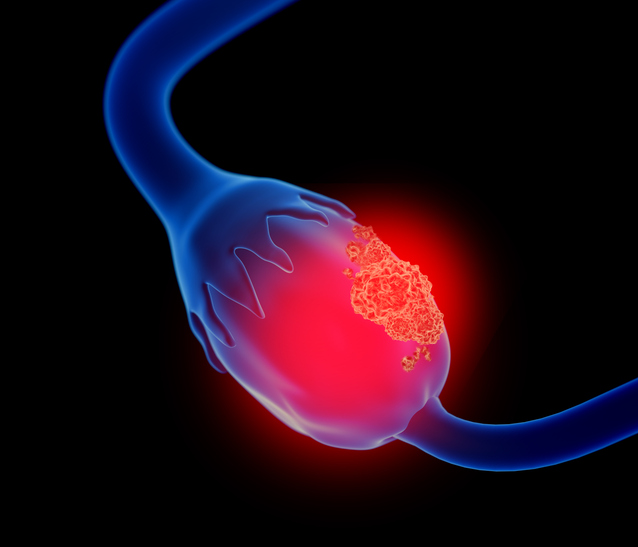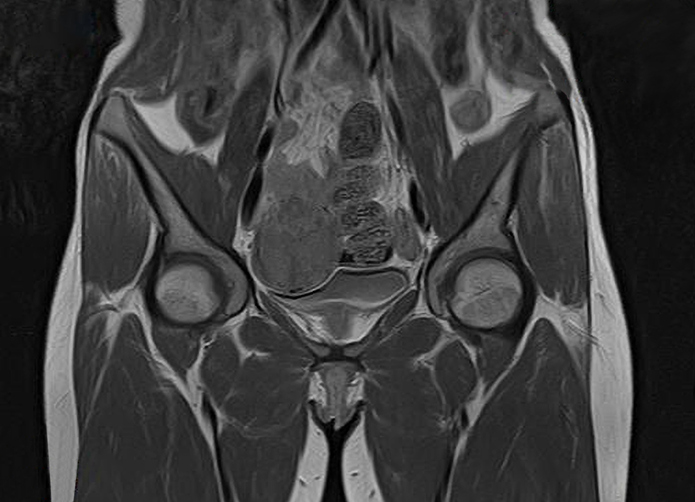
A study published in JAMA Internal Medicine found that postmenopausal bleeding (PMB) occurs in 91% of women with endometrial cancer; however, just 9% of those who experience PMB are actually diagnosed with endometrial cancer.
The systematic review and meta-analysis assessed the literature using PubMed and Embase to identify English-language observational studies published between January 1, 1977, and January 31, 2017, reporting on the prevalence of PMB in women with endometrial cancer and the risk of endometrial cancer in women with PMB in unselected populations.
In the #news: “Most women with postmenopausal bleeding don't have endometrial cancer” Read more via @MDLinx https://t.co/rMmpSKC0gg #oncology
— JAMA Internal Medicine (@JAMAInternalMed) August 8, 2018
The researchers selected 129 unique studies that included 34,432 unique patients with PMB and 6,358 with endometrial cancer. The pooled prevalence of PMB among women with endometrial cancer was 91%, regardless of tumor stage. The pooled risk of endometrial cancer among women with PMB was 9%, with estimates varying based on use of hormone therapy (range = 7-12%) and geographic region (range = 5-13%).
10% of postmenopausal women who bleed have endometrial cancer. 90% of women with endometrial cancer bleed. Association of Endometrial #Cancer Risk With #Postmenopausal Bleeding in Women: A Systematic Review and Meta-analysis @JAMANetworkOpen https://t.co/rVYAqbP2g6 pic.twitter.com/p2HHWcjUWo
— Joaquin Llacer (@DrLlacer) August 9, 2018
“These findings provide a foundation for evaluating early detection strategies for endometrial cancer and can support risk-informed decision making in clinical management of PMB,” the researchers concluded.
Read about how obesity is linked to multiple cancers.
The U.S. Food and Drug Administration has issued a warning against vaginal rejuvenation procedures.
Read about how HPV impacts esophageal cancer survival.
Source: JAMA Internal Medicine







 © 2025 Mashup Media, LLC, a Formedics Property. All Rights Reserved.
© 2025 Mashup Media, LLC, a Formedics Property. All Rights Reserved.